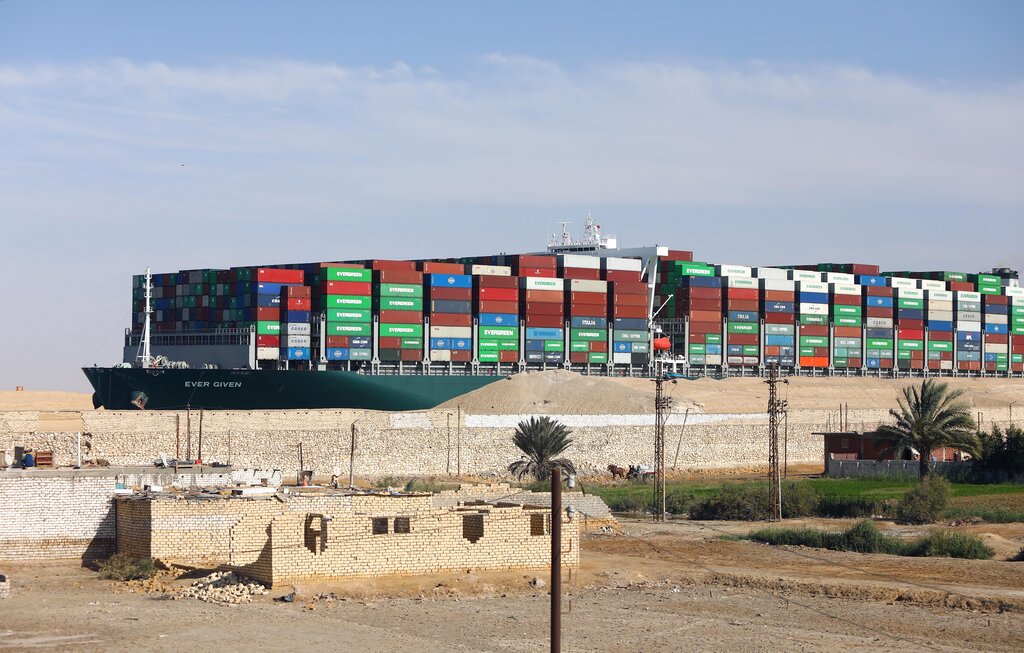
Ironically, the food system itself might be its own biggest danger. The food production process depletes the planet’s resources while destroying vital ecosystems that are necessary for food production, even as the manufacturing chain of food processing and packaging also leads to resource exhaustion.
“Our global food system is in a precarious state currently, and any food system failure will obviously spill over and cause across the board, including financial markets,” says Thijs Huurdeman, lead analyst at Morningstar Sustainalytics. “That means companies need to limit their negative impact on the environment through carbon emissions, waste, pollution, land use, soil degradation, and biodiversity loss.”
What Does Our Food Cost the Planet?
Climate change, resource scarcity, and loss of biodiversity pose a risk to the food industry as a whole. Other than the environment-related risks, human rights violations can lead to import bans, and disengagement from both buyers and investors that do not tolerate human rights violations in their supply chains or investments, respectively.
The consequences of food companies undermining these risks could be severe, which may reflect on investment returns. Some companies may have a “pass the buck” attitude and run their businesses as usual, while expecting their peers to compensate for their own environmental impacts.
“That still leaves the buck-passing companies at risk of losing business. Clients and investors would disengage with such companies with poor ESG performances. At the same time, they are exposed to future enforcement,” Huurdeman adds. For example, the authorities may step up oversight of supply chains to be free of any deforestation or human rights abuse.
Which leads us to the conclusion that it is beneficial for companies to integrate ESG as part of overall risk management. Companies can integrate ESG at the beginning, incorporating best industry practices early on, rather than rushing to comply with new and unfamiliar rules later.
Asian Food Companies Have Poor Disclosures
At present, Asian food companies do not score well in Morningstar Sustainalytics’ ESG Risk Rating. For example, Chinese agriculture companies in general score severe risks, in that they do not disclose if and how ESG risks are managed.
“The absence in reporting does not mean that a company is not managing the particular issues, but we do see a lack of disclosure on key ESG issues in the food industry, most notably on resource- or water use-related risks and supply chain risks pertaining to human rights, and deforestation and biodiversity,” says Huurdeman.
Earlier this year, New Zealand proposed to charge farmers for livestock emissions, to tackle one of the country’s biggest sources of greenhouse gases. Still, while New Zealand may become the first country in the world to put a price on agriculture emissions, ESG and relevant regulations are generally at a less mature stage in the Asia, compared to the West.
There are Opportunities in Asia
On the one hand, Huurdeman finds South Asia more vulnerable to climate change and water risks. We have already been witnessing the extreme climate conditions that have struck Pakistan and India during the summer. From an investment standpoint, opportunities are likely to arise from developments in the food sector and food waste prevention and recycling, given the high level of food waste in the region.
On the other hand, the fast-moving demographics and growing income also buoy Asia’s consumption of meat and seafood. Huurdeman thinks the region could play an important role in promoting plant-based food.
“Research has found the environmental merits of plant-based over meat-based foods. Intensive meat production is a resource-intensive process in terms of water and carbon, and there are massive impacts related to animal feed production.”
Food waste is another prominent issue within Asia, meaning that opportunities abound for waste prevention and recycling in the Asian food sector.












.png)


.jpg)





